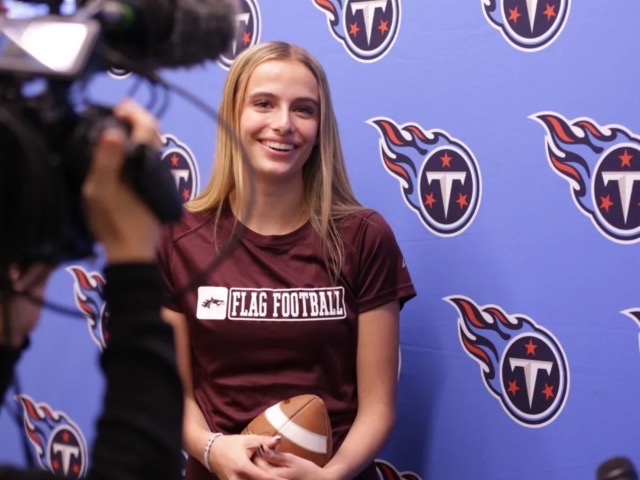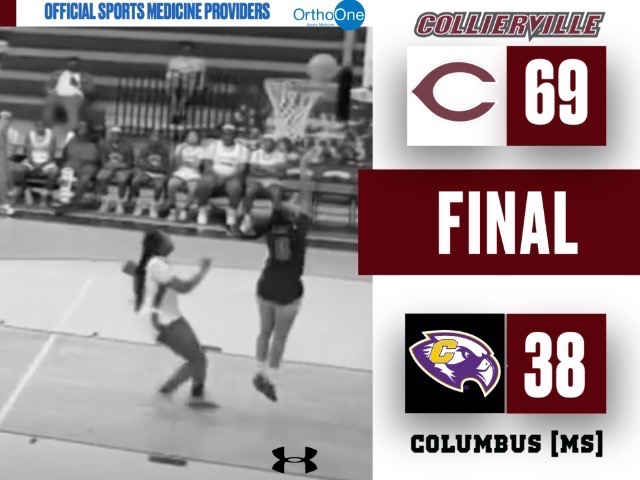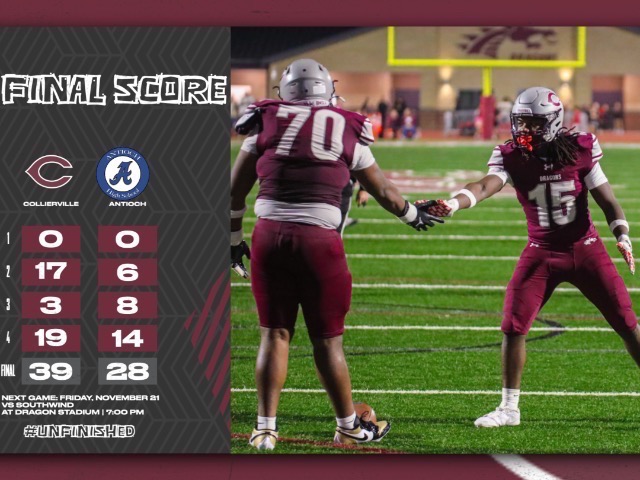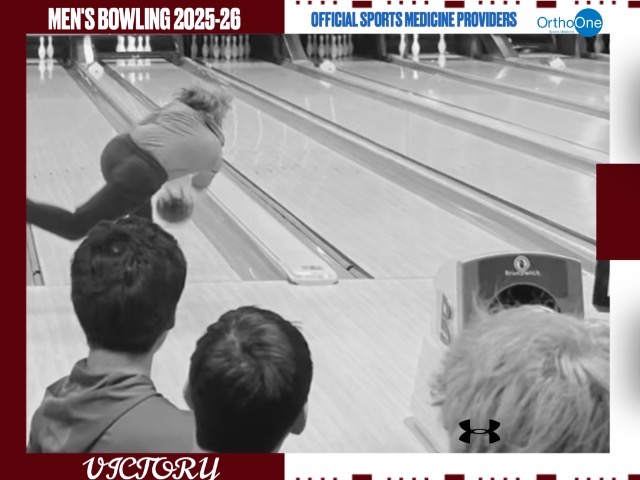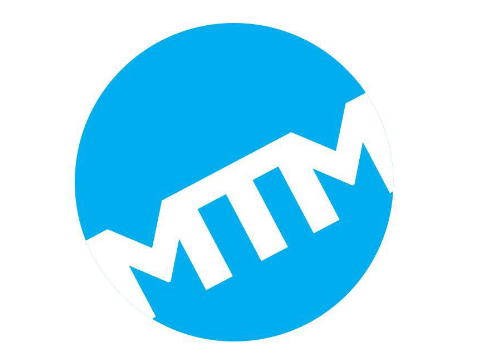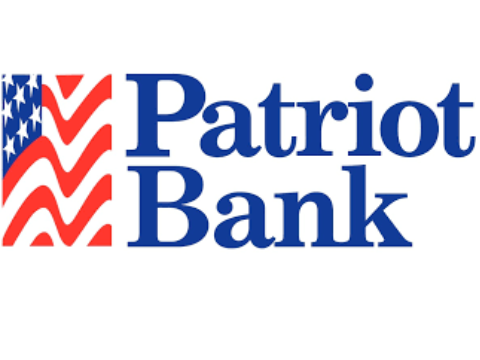*2021 Dates
June 14: Conditioning begins – Johnson Park @ 6:15am
Monday-Friday 6:15am-8:00am
June 28-July 10: TSSAA Dead period. There will be no formal practice. Workouts will be sent out via Strava.
July 12: Practice resumes M-F @ 6:15 am-8:00am @ Johnson Park
July 13: First tryout Date; 6:15am @CHS Track
July 19-23: Cross-country camp for returners only
August 7: Second Tryout Date; 6:15am @ CHS Track
August 17: Parents’ Meeting in the CHS Library 6-7pm
August 20: Dues Deadline
August 28: Team Pictures
September 4: Twilight Classic @ Mike Rose Soccer Complex
September 11: Sanders Ferry Twilight- Hendersonville, TN
September 25: Frank Horton Classic @ Shelby Farms
October 2: Jesse Owens Classic @ Oakville, AL
October 18: ACA Invite @ Tuscaloosa
October 24: Region 8 Championships @ Shelby Farms
October 25: Memphis JV Championships @ Bartlett
November 2: State Meet
November 16: End of Season Banquet
*2021 CHS Cross-country Tryouts
July 6- 6:15am @ CHS
August 7 – 6:15pm @ CHS
Tryout 5k Standards*
12th/11th
Girls: 23:00
Boys: 20:00
10th
Boys: 21:00
Girls: 24:00
9th
Boys: 23:00
Girls: 26:00
*Any athlete who runs 300 miles or more in the team's 8 week summer training from June 14 – August 8 will automatically make the team regardless of tryout performance. All runs must be recorded in Strava via watch GPS or phone GPS. No manual uploads. New runners can create a Strava profile and request to join Collierville XC. All returning athletes are required to upload mileage to Strava
For returners, summer mileage shirts will start at 400 miles. No week can be more than 20% higher mileage than the previous week. For example, I can’t run 20 miles in Week 5 and 40 miles in Week 6 in order to hit my goal. In this scenario, Week 6 will not count towards my mileage goal. If I run 20 miles in Week 5, Week 6 should be a max of 24. Consistency and a slow base buildup are key to a strong, injury free season. This year, there will be no cross-training conversion for hiking, backpacking, biking, swimming, etc. Nothing is better for running economy than running.
Eligibility
All forms must be completed through DragonFly MAX in order for an athlete to attend conditioning and tryout for the team. Physicals must be dated after April 15, 2021.
Equipment Needs
1. Running Shoes: Replace every 350-400 miles.
2. Foam Roller:
3. Mat
4. GPS Watch- Entry level
RULES
Rules
1. Be on time. 10 pushups for every minute late.
2. Your runner must participate at practice every day in order to participate in the meets.
Unexcused absences 1 missed practice= missed meet
2 missed practices= 2 missed meets
3 missed practices = removal from team
*****Runners must give their coach a day’s notice unless there is an extenuating circumstance. Athletes, please notify via email or text.
3. Respect coaches, teammates, and competitors.
4. Good attitude and strong effort every day. We are not hobby joggers. This is a varsity sport. We don’t run to receive participation medals. We are out here to compete. Any athlete who does not give full effort at practice will not be entered in races
Practice
We practice Monday-Thursday at Johnson Park at 3:15pm during the school year. No practice on Friday.
Saturday morning practices are held at the Wolf River Refuge Trailhead at 6:30am unless there is a meet scheduled. We carpool as a team to Johnson Park each day.
Weather
If the heat index exceeds 104, we will either cancel practice or move practice indoors. Notification will be sent through TeamSnap.
We do practice and race in the rain as long as there is no thunder and lightning.
Injuries
There are always little aches and pains and, oftentimes, extremely sore muscles associated with high school cross-country running. These are not injuries and can usually be remedied with diligent attention to our stretching routine, ice, rest, massage, and proper nutrition. If there is pain that isn’t responding to this regimen or if an athlete feels ANY pain in joints/ bones, athletes should notify their coach immediately. We do have athletic trainers on staff available to meet with athletes during the school day. Athletes are expected to attend practice while injured to continue to support their teammates.
Lettering
Those who run varsity (Top 7) at least half of the meets earn a varsity letter.
Varsity can and will change from week to week based on performance. No varsity
spot is guaranteed. Boys running under 17:45 for 5k will also earn a varsity letter
regardless of their position on the team. Girls running sub 22:00 will receive a letter.
GIRLS TEAM HISTORY
1997 DNQ
1998 DNQ
1999 DNQ
2000 DNQ
2001 DNQ
2002 DNQ
2003 DNQ
2004 13th
2005 3rd
2006 12th
2007 8th
2008 6th
2009 10th
2010 12th
2011 9th
2012 17th
2013 12th
2014 12th
2015 13th
2016 23rd
2017 17th
2018 16th
2019 18th
2020 14th
BOYS TEAM HISTORY
1997 DNQ
1998 DNQ
1999 DNQ
2000 22nd**
2001 18th
2002 DNQ
2003 DNQ
2004 DNQ
2005 DNQ
2006 18th
2007 12th
2008 9th
2009 16th
2010 13th
2011 DNQ
2012 DNQ
2013 13th
2014 13th
2015 11th
2016 8th
2017 5th
2018 8th
2019 DNQ
2020 14th
** 1st year CHS made it to State
Nutrition
Since you are putting your body under a tremendous amount of stress, it is essential that you monitor what you eat daily. The compounds in the foods you eat aid in recovery and can also increase vascular flow. The faster you can recover the faster you can return to working out at a high level. In turn, the quicker the results will come and the more profound they will be.
Under the age of 18, your body is still growing. It needs an incredible amount of energy (calories) to perform the processes necessary for growth. Therefore, counting calories is not necessary. Your body needs fuel. If you are hungry, you need to eat. A 150lb athletic individual burns approximately 1500 calories even if they were in a comatose state and were not active at all. Add to this, the approximate amount of calories burned per mile in the heat for someone of this size- 150 calories per mile. Multiply by a typical 7 mile day for us- 1,050 calories. Also, add 300-400 calories burned just walking around school. Just to maintain, your current weight, you’d need to take in approximately 3,000 calories. As you can see, there is no need to count. Just eat.
What to drink?
WATER: At least 128oz/day (gallon). You can lose between 50-70 ounces of water in an hour of running. Gatorade is not necessary unless you are running 2+ hours- not for our purposes.
What to Eat?
Lean Protein, Complex Carbs, Healthy Fats
What to Avoid?
-Sugar
-High Fructose Corn Syrup
-High Glycemic Index foods = White Rice, White bread/flour, bagels, breakfast cereals – will spike blood sugar, insulin released into blood stream. Leaves you feeling tired/sluggish.
One exception to the rule: Simple carbs are OK within 1st 30mins of workout and may aid recovery.
Lean Protein(repair torn cell walls and swollen mitochondria)
Chicken, Turkey, Tuna, other fish, whey protein powder, eggs
Some cuts of pork and beef.
Deli meats are convenient for after practice snacking.
Complex Carbs (w/fiber, digest slower, lasting energy)
Sweet potatoes, beans- black, pinto, etc, lentils, whole grain bread, kale, spinach, broccoli, whole grains and pastas
Healthy Fats(regulate hormones, heart health, increase metabolism)
Avocadoes, Olive oil, Fish, Mixed nuts-almonds, walnuts, cashews, brazil nuts, pecans, dark chocolate, Chia seeds, peanut butter
Other antioxidant laden foods:
-Fruits, not fruit juice, especially berries and citrus fruits, green tea, black tea, matcha powder, coconut water, all vegetables
The Myth of Carbo-Loading
As stated earlier, an excess amount of carbs tends to make you feel sluggish. Gorging on carbs the night before will not benefit your 5k race performance. It will have the opposite effect. If you were running a marathon, it would benefit you to have reserves of glycogen from carbo-loading. For a 5k, it is best to eat a light, well-balanced meal. The dinner meal will not have had time to be eliminated before a morning/afternoon race.
Recovery
-Light stretch before bed to loosen up and aid circulation.
-Ice Bath- effective only immediately after exercise when blood is still deep in muscle tissue. 10-12 minutes
-Hot bath with Epsom salt- relieves aches, pains, inflammation.
-Foam Roller (Myofascial Release)- Breaks up knotted muscle tissue; increases bloodflow
-Massage
-Ibuprofen/Tylenol w/ parental approval
Sleep
I know you are busy. Attempt 8 hours.
If you have difficulty falling asleep and staying asleep, and you are not overly stressed about school or your personal life, this could be a sign of overtraining.
Try taking your pulse in the morning. Establish a baseline. If it’s 20% higher than average on a given day, you need to take a rest day.
**The most important day for sleep is 2 nights before race day. Thursday night before a Saturday race. Many PRs have been set after sleepless Fridays.
Studies have shown it is possible to “bank” sleep before an event.
Performance
The general guideline is that the body’s positive adaptations to the stress of a hard workout take about 8-14 days to be completely realized.
These benefits include increasing lactate threshold (how quickly and efficiently the body can remove lactic acid from the blood) or increasing VO2 max (maximum volume of oxygen you can us) depending on the workout.
**Results take time. Be patient. Stay focused. Trust your training.**
Closing
To be all in for yourself and your teammates, sleep and nutrition are important considerations. They are small changes that yield substantial results.
You can have it all… Athletic success, high academic achievement, and a social life.
It will take your already solid work ethic and excellent time management.





